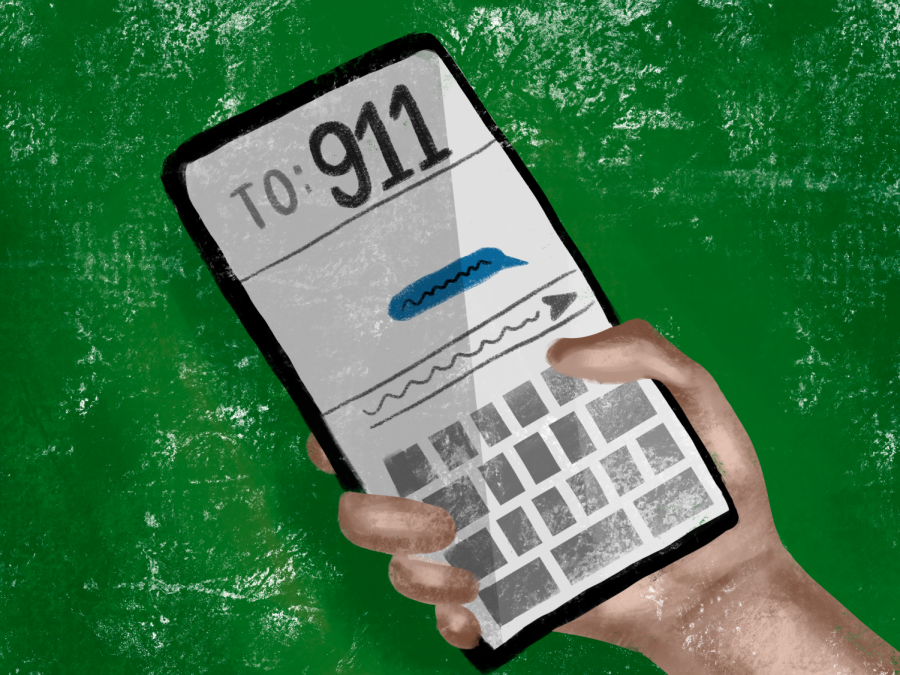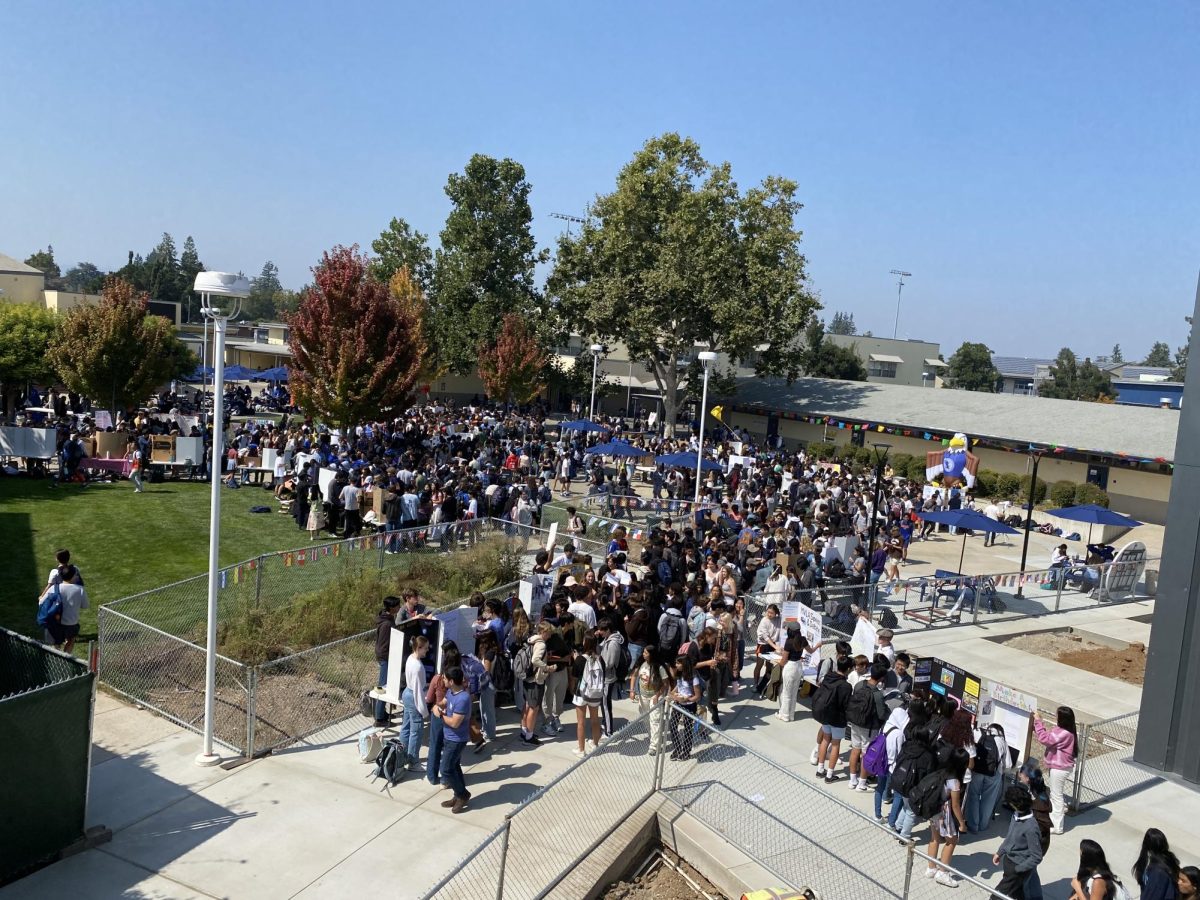North Korea’s official name, the Democratic People’s Republic of Korea (DPRK), sounds like an ironic joke to many. But instead of generating negative or lighthearted comments about North Korea’s communist dictatorship, we need to take the situation seriously and look at the real facts. It is necessary for us to educate ourselves about North Korea because of its threatening nuclear weapons, its alliance with China (who is also the United States’ biggest economic partner) and its potential governmental collapse.
North Korea’s historical background should be our first focus. The isolationist country was founded by Kim Il Sung and the state is officially ruled by the Kim family under a totalitarian dictatorship and communist principles. According to the lecture “Understanding North Korea” by Rutgers Professor Suzy Kim, North Korea is called “Chosun” by its own citizens. Chosun is the name of the last Korean dynasty before Japan invaded the then-united Korea in 1910 and began the harsh period of colonization until the end of World War II. Even though many citizens of first-world democratic nations are quick to look at North Korea’s actions with contempt and disrespect, we need to first acknowledge that North Korea was founded on a noble principle that is easily applicable to the modern democracies of the world.
So why should we care about North Korea? What importance can a small, communist, isolationist and resource-poor nation have to a giant superpower like the United States?
First, and most famously, North Korea possesses nuclear weapons. Given the country’s limited financial budget and its history of inconsistent promises, there is some reason to why people would doubt the actual strength and number of these weapons. However, there is reason to give the situation greater attention and caution. Philip Yun, a former diplomat who worked in the State Department under Bill Clinton to manage US policy toward North Korea, asserted at the 2014 Hana-Stanford Conference on Korea that “North Korea will eventually have nuclear tipped long-range missile.” These missiles can reach longer distances and could reach and harm the United States.
This nuclear possession is even more dangerous given the history between the two Koreas, whose capitals are only 120 miles apart. North Korea invaded South Korea in 1950 and almost succeeded. A second strike is realistically a plausible outcome in the future. The United States is bound to South Korea by treaty to defend its sovereignty against communist North Korean provocation. A second Korean War would not only upset financial budgets, but also military affairs and political parties. Many people don’t acknowledge the fact that North Korea has quite a bit of leverage over the international community in negotiations.
In addition, there are two factors that force the United States to use caution when dealing with the DPRK: North Korea’s alliance with China, and the disaster that would result from a potential collapse of the Kim regime.
China, the United States’ biggest economic partner, has a very precarious relationship with the rest of the world and has managed to balance a profitable business relationship with many of world’s most powerful countries. Many of these are democratic and have a heavy influence on North Korea’s role in international relations. China has historically blocked harsh international sanctions on North Korea, but at the same time it is the United States’ biggest banker.
What makes this problem more complicated is that the China-DPRK alliance is not one where the bigger country uses the smaller one as a puppet. Though we expect the DPRK to be grateful for China’s protection, the North Korean government realizes that China’s aid is more a form of Chinese self-interest than a gesture of compassion.
There is also the possible fall of the Kim regime, which is possible based on Kim Jong Un’s faltering health, his strained alliance with the Chinese government and his stubborn continuance of communism in a modernizing world. If this were to happen, there would be chaos not only for North Koreans without a government, but also the neighboring countries of South Korea and China whose economies would be disrupted by the inflow of refugees.
The fact remains that no one really knows what’s going inside of North Korea. Sometimes, like in the failed nuclear test of April 2012, it seems like a laughingstock. But other times, like during the 2010 sinking of the ship ROKS Cheonan, it terrifies us. These constant surprises only tell us that we shouldn’t measure North Korea’s capabilities by its idiosyncrasies because we never know what to expect.
As Yun warned, “They’re not crazy. Don’t waste time trying to know the unknowable.” Rather than viewing the nation as a failed communist state, we must instead realize that with its nuclear weapons, North Korea requires international attention. Because when these factors escalate as time goes on, we will be the generation that must deal with this issue.
Story continues below advertisement














